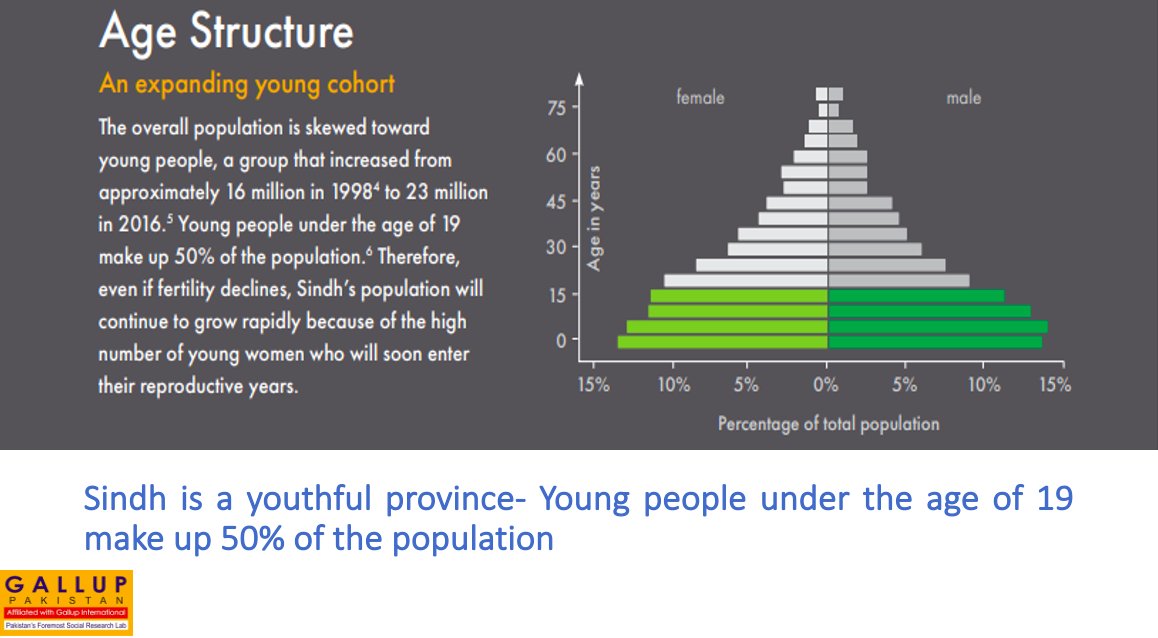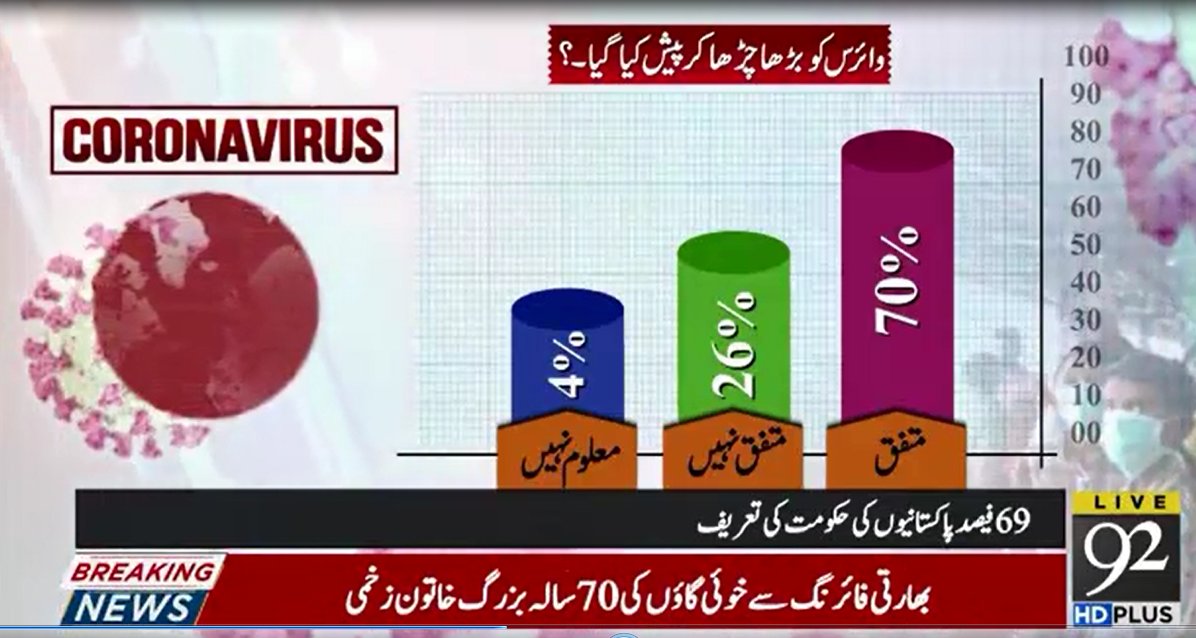The @worldbankgroup conducted a series of private sector stakeholder consultations with 254 private sector representatives of #Pakistani exporters in the manufacturing, agro processing, and services sectors to identify key challenges to #exports competitiveness. 

1. Identified the need to put a cap on the gas and #electricity tariffs faced by exporting entities to cut energy costs to reverse the effect on cash flows, especially in comparison with competitor #economies (Bangladesh, India, Vietnam)
2. Need to rectify distortions in the #tax regimes; reduce #GST, #tariffs and regulatory duties on imported intermediate goods. Documentation related complexities also need to be simplified to encourage #SMEs.
3. The lack of adequate #banking channels keeps exporters from realizing their potential. Compatibility of #Pakistan's banking system with export destinations required to reduce barriers to trade.
4. The time taken for #custom clearance must be reduced to facilitate #exports. Automated system currently in use has shown lack of reliability, making officials resort to manual customs processing.
5. Varying views within the #government regarding exchange rates, which the #State Bank of Pakistan should cater to by holding quarterly public private working group meetings.
6. Trade associations, chambers of #commerce and industry and the federal and provincial #governmental trade promotion departments to develop their capacity to research non-traditional markets abroad and possible future export destinations and products.
7. Transporting and warehousing costs faced by #exporters should be reduced by lowering the burden of #taxes (and other levies) on these sectors.
8. The uncertainty around rates of #tariffs on #agricultural imports needs to be cleared, to lower the risk of price variations for #farmers.
9. Gaps in skilled and semi-skilled #labour market should be bridged by technical and vocational #education training institutes.
10. No structured mechanism for public-private dialogue with the services sector. Consultation processes must involve stakeholders in the services sector.
11. Exclusion of #women from trade policy discourse in Pakistan was cited as a critical reason for gender-specific barriers to expansion of women businesses and women’s participation in trade. Women exporters demanded greater access to information and #networking.
12. Pakistan has been unable to achieve the benefits of the awarding of #European Union’s GSP+ arrangement. #FTAs and preferential #trade agreements (#PTAs) must be reviewed.
• • •
Missing some Tweet in this thread? You can try to
force a refresh


















